Experts call for transparency, accountability in climate financing
Kenya remains short of funds in climate financing despite being at the forefront in advocating for adaptation and mitigation measures in the war on climate change. According to the African Development Bank Group, Africa receives just $30 billion per year for climate adaptation, instead of $277 billion. But how can structures and policies be streamlined to make the […] The post Experts call for transparency, accountability in climate financing first appeared on KBC.

Kenya remains short of funds in climate financing despite being at the forefront in advocating for adaptation and mitigation measures in the war on climate change.
According to the African Development Bank Group, Africa receives just $30 billion per year for climate adaptation, instead of $277 billion.
But how can structures and policies be streamlined to make the war on climate change a win-win for Africa?
The Gap in climate financing and challenges in securing funds
Under the veil of darkness, a dam in Old Kijabe in Mai Mahiu burst its banks on the 29th of April 2024 and swept everything on its way, killing more than 50 people.
This incident exposed the existential threat caused by climate change…eliciting a heated debate on green financing and climate financing (GRPHCS)
Green finance is a loan or investment that promotes environmentally-positive activities, while climate finance is one aspect of green finance, which is particularly focused on the adaptation to the impacts of climate change or the reduction or limitation of greenhouse gas emissions.
“Where do we find money or resources or financing that is affordable and accessible?” President William Ruto posed during the Africa Climate Summit held in Nairobi last year.
This is a question that most African countries ask as they are the most affected despite emitting only 10% of global greenhouse gases.
“Africa alone needs $190 billion per year up until 2030 for mitigation and when it comes to adaptation Africa need $50 billion a year all the way up to 2050,” explains Mary Porter Peschka, East Africa Regional Director of the International Finance Corporation (IFC).
Yet, as noted by Cuba Houghton of Bajeti Hub, Africa receives only $30 billion annually against a requirement of $277 billion.
Environmental lawyer Angella Kang’ethe identifies stringent rules by the UN Framework Convention on Climate Change and the Adaptation Fund under the Kyoto protocol as major obstacles to accessing these funds.
“If you take the example of Kenya, the estimate of what we need annually is about $460 billion but what we actually got according to the most recent governments figures was $240 billion in 2018. We are barely even halfway of what we need,” Houghton states.
To address these funding gaps, proper structures and frameworks are needed.
“With the Climate Act 2016 we are supposed to have a climate change fund where all money pools in climate change. In terms of how we finance climate ether has been a number of ideas including the issuance of green bonds,” says Houghton
As these issues are being addressed, other forms of financing such as carbon tax and carbon trading have been considered. But how viable are they?
“The EU parliament has already considered the financial transaction tax as a means of raising resources to deal with climate change. The idea of a carbon tax is no longer remote, we must have it firmly on the table,” President Ruto notes.
However, there is need for public awareness about climate financing initiatives while ensuring transparency and accountability in such initiatives.
Meanwhile, Kenya received 28 percent of the continental financing as experts hope that better structures will be put in place to ensure transparency and accountability.
The post Experts call for transparency, accountability in climate financing first appeared on KBC.
What's Your Reaction?





















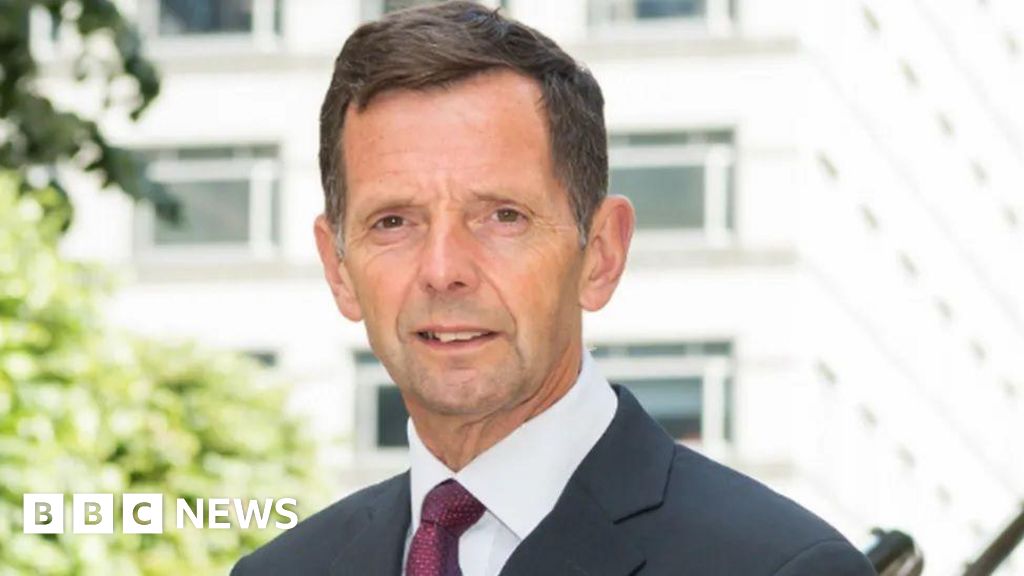
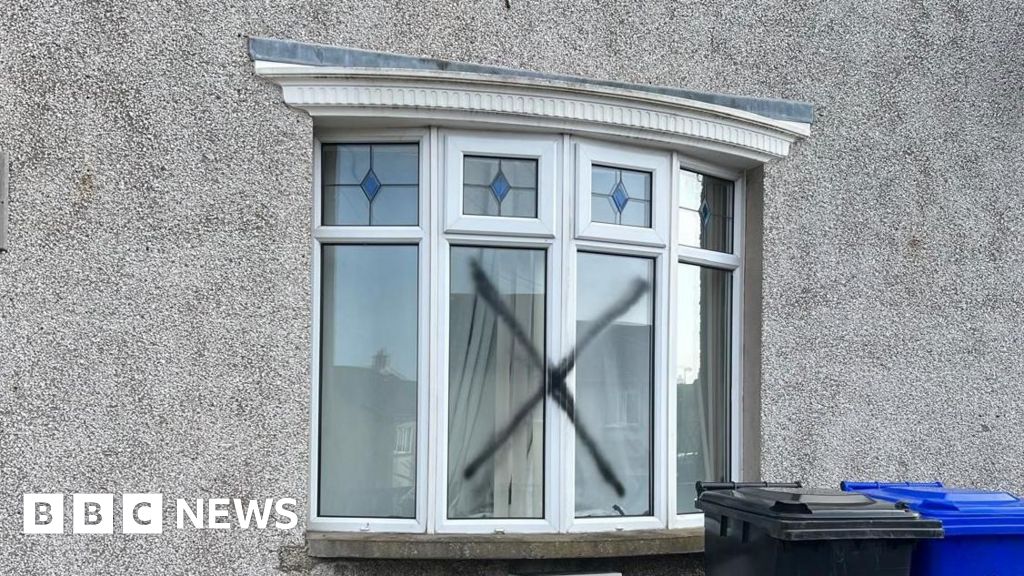
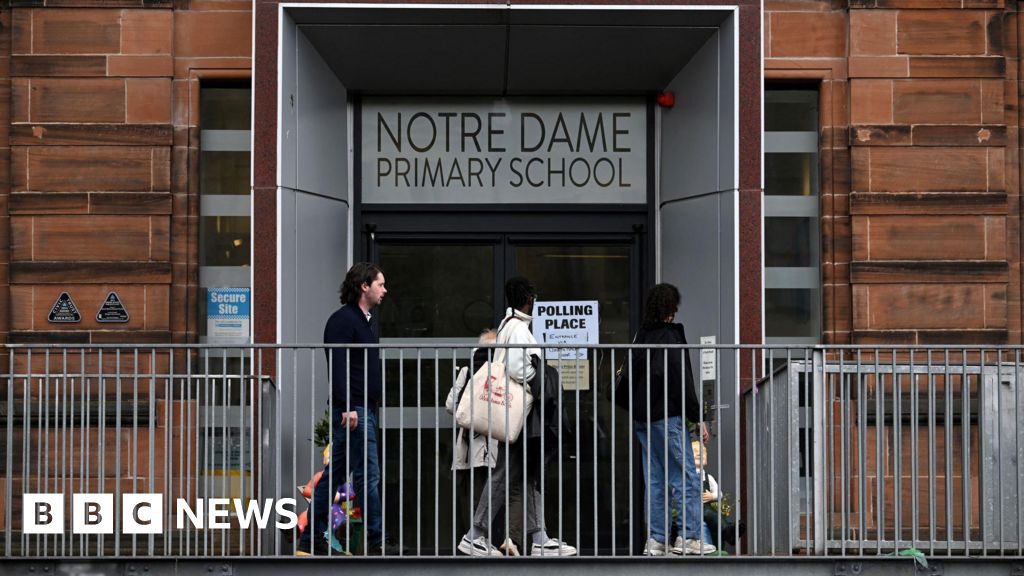
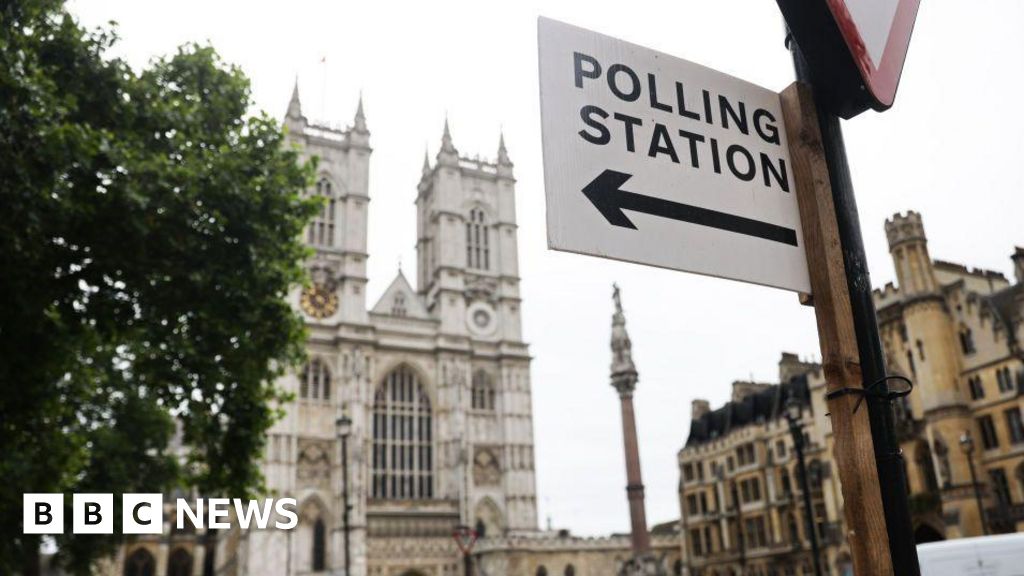










/cdn.vox-cdn.com/uploads/chorus_asset/file/25517480/2023_Amazon_Fire_HD_10_Lifestyle_Press_Image_2.jpg)
/cdn.vox-cdn.com/uploads/chorus_asset/file/24110035/226347_Kindle_SVasani_0004.jpg)








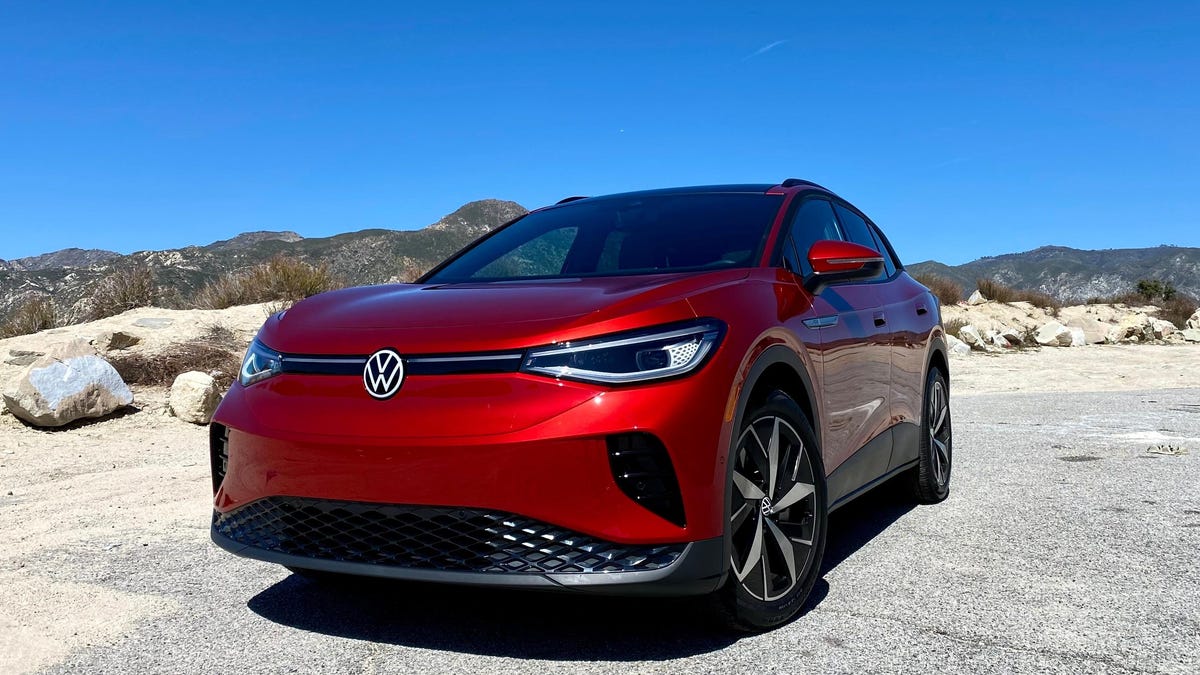









































![Netflix Horizon Zero Dawn TV Show Reportedly In Trouble [Update]](https://i.kinja-img.com/image/upload/c_fill,h_675,pg_1,q_80,w_1200/cc9a42c0341c691ff31e3f12daeddc34.jpg)





























